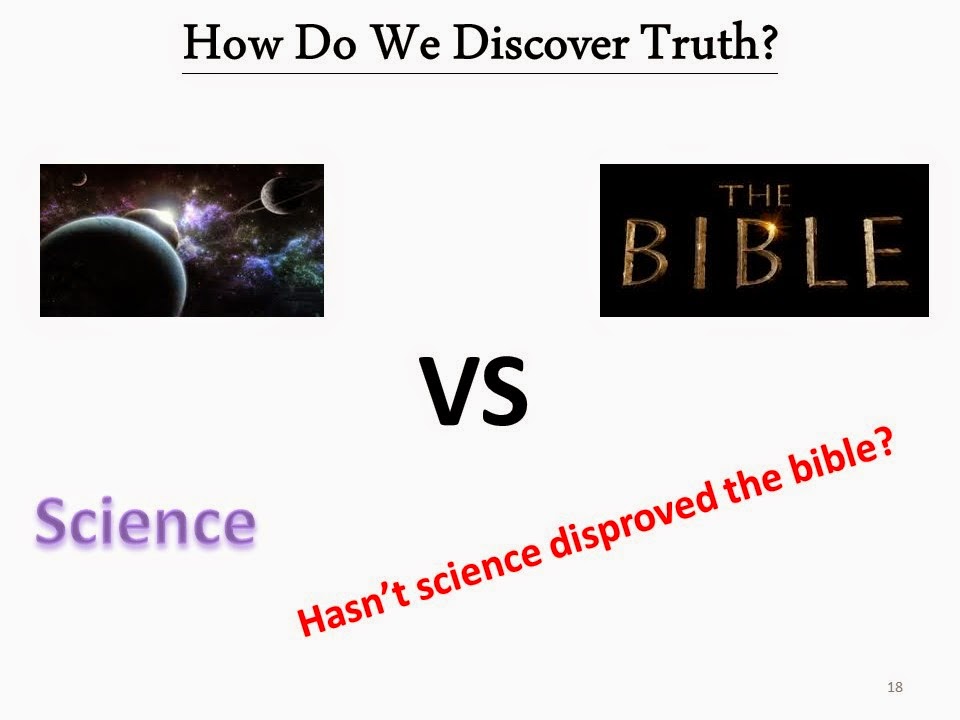Happy New Year!
The speed with which 2014 came and went was staggering... growth, life-turns, joys, sorrows, learning, new and old mingled into our life-adventure. In 2015, I look forward to a new phase in our adventure at Agape Community Church.
Looking back and looking forward is helpful especially if it is motivated by LOVE. Self-love drives personal reflection (I was, I am, and I can be), loving others drives systemic reflection (we are together), and loving God, drives spiritual reflection (something bigger than all of us). All three are motivated by love and all there are necessary.
the deer pants
Out of sheer desperation, after minutes of tense indecision, I settled on these two words: deer and pants...
Tuesday, December 30, 2014
Saturday, September 20, 2014
Monday, October 24, 2011
More on Integrity
 Dr.
Henry Cloud in his book “Integrity” defines character as the ability to meet the demands of reality. The implication is that the entire person
works well together to effectively handle all the realities facing a person. He shares six character dimensions that must work
well together for a person to have a good “wake”: establishing trust, oriented
toward truth, getting results, embracing the negative, oriented toward increase
and oriented toward transcendence. This
blog entry will briefly cover each dimension.
Dr.
Henry Cloud in his book “Integrity” defines character as the ability to meet the demands of reality. The implication is that the entire person
works well together to effectively handle all the realities facing a person. He shares six character dimensions that must work
well together for a person to have a good “wake”: establishing trust, oriented
toward truth, getting results, embracing the negative, oriented toward increase
and oriented toward transcendence. This
blog entry will briefly cover each dimension.
·
Establishing Trust
– This is the ability to connect in authentic ways with others. The danger is interpreting personal opinion
as the obvious reality – the attitude is that “everyone else is clearly wrong
or not yet seeing it”. The leader is not
really listening to others or may have an inability to connect with what others
are feeling, thinking, or experiencing.
Trust is established when the led understand that the leader understands
and empathizes. However, trust must
mature beyond understanding into knowing that the leader will do what is in the
best interest of the led (engaging them in the process); at this level a trust,
a person no longer feels the need to be guarded. With the guard down, people can be authentic
and vulnerable with each other; this is the point when trust is solidified.
·
Oriented Toward Truth – Regardless of how difficult to face, truth is
always a better alternative. A leader
must look at the available data and find the courage to ask the tough questions
that uncover truth. Explaining away
truth (a.k.a. self-deceit) seems to take more emotional energy and adds
personal stress than coming to terms with reality. Deception always fears the truth and fear
adds stress. A leader of character must
have the courage to disconnect the self-defense mechanisms and face reality;
they must have a deep hunger for truth rather than comfort, and willingness to
accept the new information and adapt to it.
·
Getting Results
– To get results, the leader must know their own skills and talents. Given his strengths, the leader of character
will know to maintain the right boundaries (i.e. stay away from the jobs that
do not suit him). This requires the
personal integrity and confidence to admit the strengths, and the humility to
accept the limitations. In addition to
skills and talents, a leader who gets results invests in preparation and
planning. When the course of action is
identified, the leader once again needs to tap into courage – this time is the
courage to make difficult decisions to achieve the desired results. The challenge here is choosing between
conflicting goals that govern the decision making process. The courage to make decisions must be
partnered with perseverance to overcome obstacles and the knowledge to handle
failure and setbacks.
·
Embracing the Negative – A leader who accepts the assumption that life
will bring problems is better equipped to handle them. Facing this reality recalibrates the leader’s
attitude toward difficulties – they are expected events rather than surprising
interruptions. Given this assumption,
the leader must learn to recover quickly from problems and to separate his own
identity from the issue he is facing.
Additionally, a leader cannot pass the responsibility to others – the
leader owns the results and the issue; however, that does not mean that a
leader does not confront issues or people.
The art of confrontation is
rooted in the first two aspects of character:
trust and truth.
·
Oriented Toward Increase – The difficulty with character is that it
constantly needs to be improved even after many years of maturity. A leader
must not be satisfied with the status quo – the leader must look to grow and
mature. Growth is a sign of life and it
happens consistently in life; however, growth does not happen uniformly
throughout life. Growth often means
taking risks; however Cloud makes a distinction between risk and gambling. Risk taken after calculated planning is
growth not gambling. Growth always
requires an investment of time, money, or both and a submission to some type of
growth structure or plan as well as formal and informal mentors.
·
Oriented Toward Transcendence – A mature character must see the world as bigger
than the self. Without this grand
vision, a leader becomes narcissistic and self absorbed. Facing the reality of transcendence is part
of the growth a person must go through to have a balanced “wake”.
Subscribe to:
Posts (Atom)




